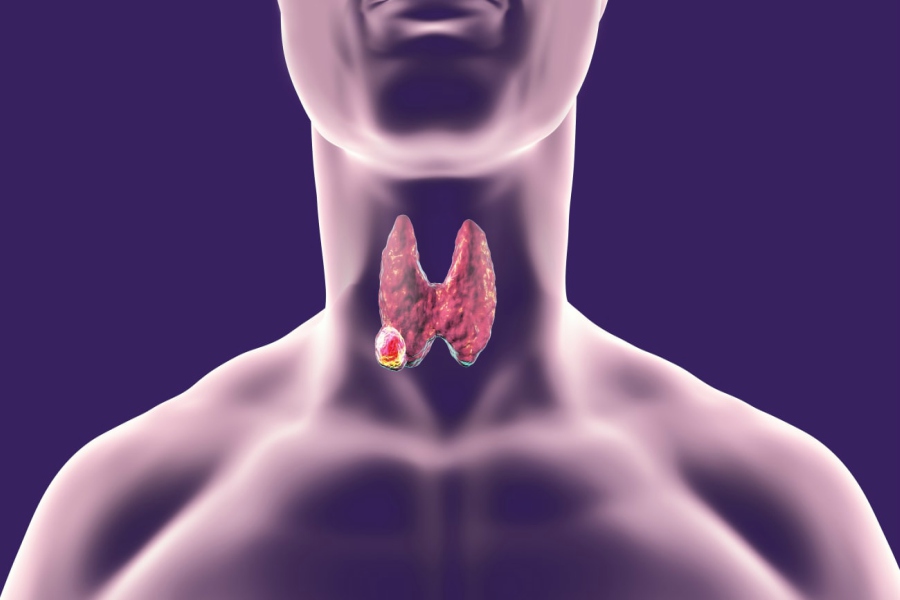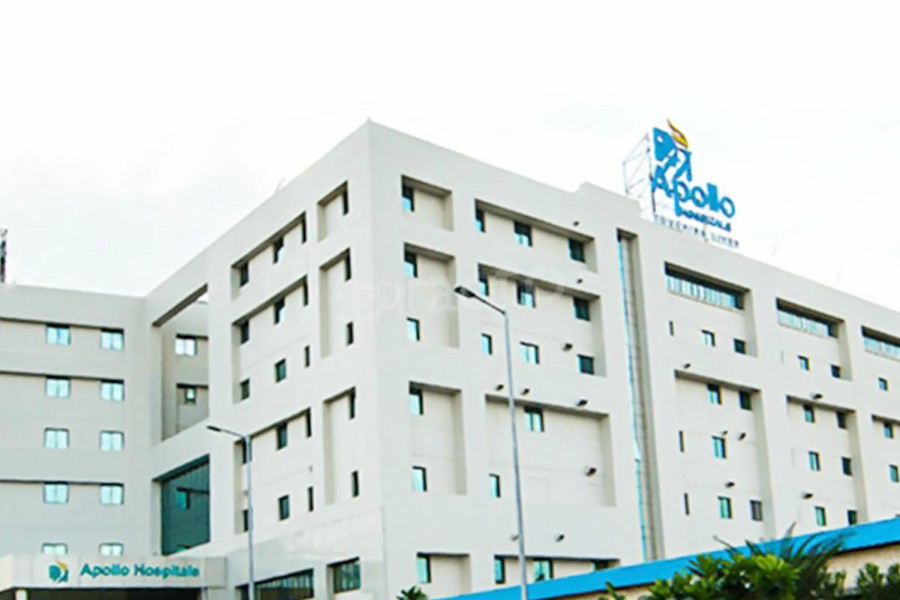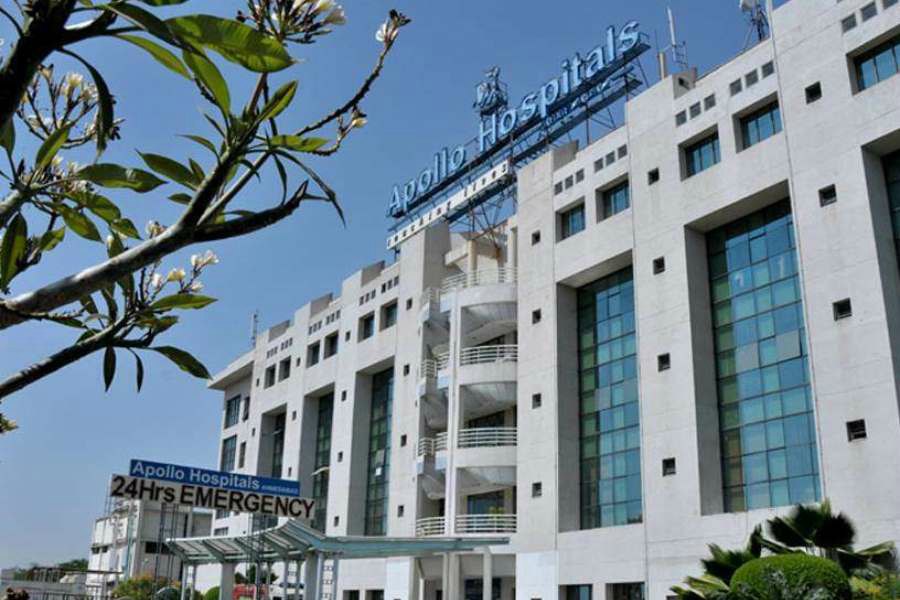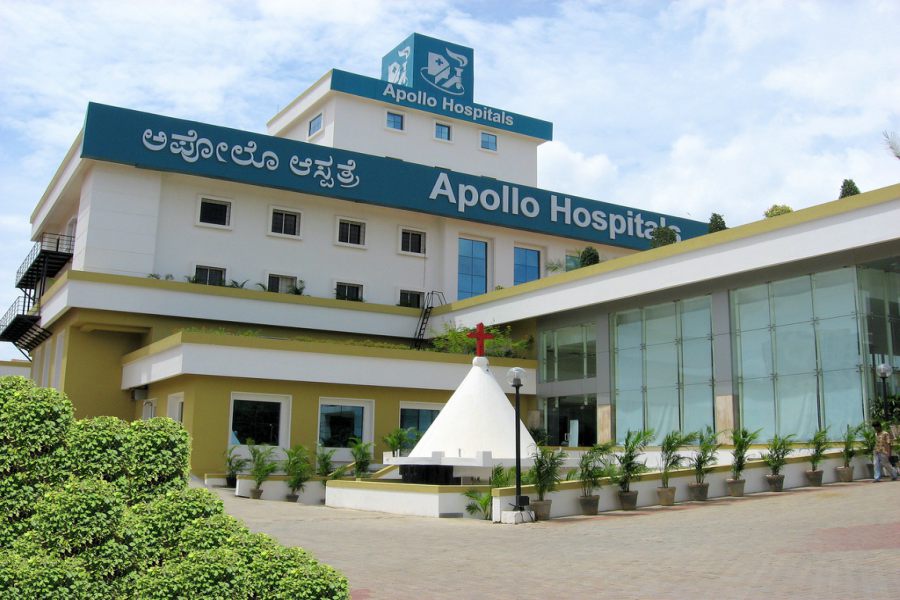
Overview
The thyroid gland is a butterfly-shaped organ located at the base in the front part of the neck. It produces hormones which regulates metabolism, growth and development of the body. Thyroid cancer develops when the cells in the thyroid glands begin to grow and divide uncontrollably.
Thyroid cancer is of the following types:
- Papillary thyroid cancer: This is the most common type of thyroid cancer that accounts for about 80% of thyroid cancer. This cancer arises from the cells that are responsible for the production and storage of thyroid hormones (follicular cells). These cancers grow slowly and may spread to the nearby lymph nodes in the neck.
- Follicular thyroid cancer: It is the second most common type of thyroid cancer that accounts for about 10 to 15% of the thyroid cancers. It also develops from the follicular cells. This is an aggressive type of cancer which invades the blood vessels of the thyroid glands and spreads rapidly to other parts of the body.
- Medullary cancer: This type of thyroid cancer accounts for about 4% of all the thyroid cancers. It begins in the thyroid cells known as C-cells that produce the hormone calcitonin.
- Anaplastic thyroid cancer: It is a rapidly growing, rare type of thyroid cancer. This cancer spreads commonly to the lymph nodes in the neck.
Causes
Normally, the DNA instruct the cells about the right time for growth, division, and death. But, when sudden changes occur in the DNA (mutations), the cells no longer understand the instructions provided by the gene. Due to this error, the cells begin to grow and divide abnormally without dying when they should. Thus, it leads to the formation of cancer.
Additionally, certain factors increase the risk of thyroid cancer. These factors include:
- Female gender
- Exposure to high levels of radiation
- Genetic conditions, such as Cowden disease and Carney complex-type 1 that causes thyroid dysfunction.
SYMPTOMS
The following are the common signs and symptoms of thyroid cancer:
- Difficulty in swallowing
- Change in voice
- Pain in the neck
- Constant cough
- Swollen lymph glands
- Trouble in breathing
Symptoms during the progression of thyroid cancer
Thyroid cancer develops slowly, so the person may not experience any symptoms during the initial stage. But, when cancer begins to progress to other parts of the body, the patient may have abnormal hormone levels and neck pain that may radiate to ears. Additionally, the patient also experiences symptoms related to the organs where cancer has reached.
DIAGNOSIS
After reviewing the medical, medication, and social history of the patient, a physical examination is done. A physical examination involves assessing the size, firmness, and presence of any lumps in the thyroid. If any abnormalities are detected then further testing is done by performing the following tests:
- Thyroid function test: A sample of blood is collected and examined to determine the thyroid gland function. Any abnormalities in the thyroid hormone levels indicate abnormal functioning of the thyroid gland. Based on this test result, the doctor will recommend further tests.
- Ultrasound: In this test, high-frequency sound waves are used to determine any abnormalities in the thyroid gland. If an abnormal region is found, then the doctor will insert a thin, long needle inside the thyroid nodule to collect a small sample of abnormal tissue and examine it. This test is known as a biopsy.
- Radioiodine scan: In this test, the patient is advised to swallow a small amount of radioactive iodine. After a few hours, certain imaging tests are done to determine the amount of radiation taken by the gland. Abnormal areas of the thyroid gland have less radiation, whereas normal areas of the thyroid glands have more radiation.
- Imaging tests: Certain imaging tests, such as a CT scan, PET scan, are done to determine the extent of cancer.
Staging:
The staging of thyroid cancer is as follows:
- Stage 1: Tumour is small and is located only in the thyroid gland.
- Stage 2: Cancer has spread to the surrounding tissues, but has not reached the lymph nodes.
- Stage 3: The cancer is in the surrounding tissues and reached to the lymph nodes near the voice box and windpipe.
- Stage 4: Cancer has reached to distant parts of the body, such as lung, liver or bones.
RISK FACTORS
Thyroid removal has certain complications, such as:
- Bleeding
- Infection
- Damage to the surrounding organs
- Low levels of calcium
- Hoarseness
- Difficulty while breathing
POST-OPERATIVE CARE
The following measures must be taken after the surgery:
- Take the prescribed medicines
- Keep the wound clean and dry
- Have a soft diet
- Drink a large amount of water
- Visit your doctor regularly to access your condition
- Consult your doctor before performing any exercises
- Post-surgical complications:
Duration of treatment
Thyroidectomy usually takes three to four hours. Once the surgery is done, radioactive iodine treatment is initiated for about 6 to 12 weeks. For treating tumours that have spread to distant parts of the body, a combination of chemotherapy and radiation therapy is given for a few weeks.
TREATMENT
Depending on the type and stage, thyroid cancer can be treated with the following:
Surgery: It is a common treatment option for thyroid cancer. Thyroid cancer surgery includes:
- Thyroidectomy: In this procedure, an incision is made on the base of the neck to remove the entire thyroid gland.
- Lobectomy: In this procedure, the affected part of the thyroid gland is removed. It is recommended to remove small thyroid cancer.
While removing the thyroid gland, your surgeon may also remove the surrounding tissues and enlarged lymph nodes depending on the extent of cancer spread.
Radioactive iodine treatment: This treatment option is recommended to destroy the remaining cancer cells from the body.
Thyroid hormone therapy: After removal of the thyroid gland, certain thyroid hormone pills are prescribed. These medicines help in preventing the recurrence of cancer by lowering the levels of certain hormones that promote the growth of cancer.
Radiation therapy: High energy beams are passed externally to destroy the cancer cells. It is an appropriate cancer treatment option for people who are unfit for surgery.
Chemotherapy: It involves the use of certain chemicals or medicines to kill the cancer cells. It is usually given when people do not respond to other treatment options.
Radiation and chemotherapy can also be given before and after surgery, to decrease the size of cancer and to remove remaining cancer cells respectively.
Targeted therapy: Certain medicines are used to inhibit the action of specific factors that promotes the growth and progression of cancer.
FACTORS AFFECTING COST
The average cost of thyroid cancer treatment depends on the following factors:
- Location of the hospital
- Type of hospital
- Doctor’s fee
- Type and stage of cancer
- Length of treatment
- Any procedure
- Type of surgery, including operating room per-hour cost, type of anaesthesia, hospital stay
- Type of medicines used based on pharmaceutical brands
- Health insurance covered
- Current medical reports
- Follow up visit cost


 Best Hospitals
Best Hospitals












